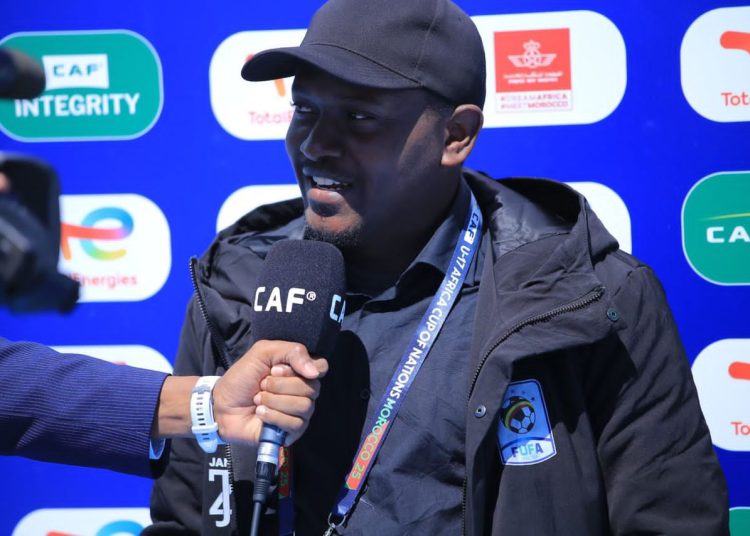Professionalism remains one of the biggest hurdles in Ugandan football, and nowhere is this more evident than in the behavior of some local coaches.
At a time when football is evolving rapidly around the world, coaching in Uganda still suffers from divided attention and inconsistent commitment.
A coach employed by a club such as KCCA FC or NEC FC should be dedicating every ounce of energy to that team’s success.
Coaching is not a side hustle, it’s a full-time craft that demands focus, planning, and a clear vision aligned with the club’s objectives.
Back in 2020, FUFA President, Moses Magogo made a timely appeal for change. “As we seek everyone to become professional, even coaches must do so,” he said. “This business of a coach managing a team in the Uganda Premier League or FUFA Big League and then adding other teams like University or Masaza teams must stop.
You can only have one address because this will allow you time to plan for the team.” His words were a clear reminder that professionalism begins with focus and loyalty. Yet, five years later, the very practice he condemned has almost become normalized.
Today, the local football landscape is dotted with examples of coaches managing more than one team at a time. Take the case of Brian Ssenyondo, for instance, working with KCCA FC while also coaching the U17 team.
NEC just got into an awkward situation with Hussein Mbalangu for managing in the Masaza Cup and today they have parted ways.
Others have left club assignments midway to join regional teams competing in the FUFA Drum. On the surface, these roles might seem harmless or even financially beneficial.
But in reality, they erode the integrity of the profession. No coach can give 100 percent to two or three different sides and still expect to deliver consistent results.
From a technical standpoint, this culture contradicts FUFA’s own Technical Master Plan, which emphasizes structured player development and long-term tactical continuity.
When a coach divides his attention, both planning and player progression suffer. Teams lose identity, training programs stall, and young players miss out on consistent mentorship.
It’s no wonder that Ugandan clubs often struggle with inconsistency, a symptom of leadership stretched too thin.
If Uganda truly wants to professionalize its football, the process must begin with the coaches. FUFA should reinforce its stance and ensure that every coach serves only one team at a time.
Clubs, too, must demand full commitment from their technical staff. Financial motivation should never come at the expense of professionalism.
Uganda has the coaching talent and potential, but only when discipline and loyalty return to the dugout will our football rise to the standards we all aspire to see.





























